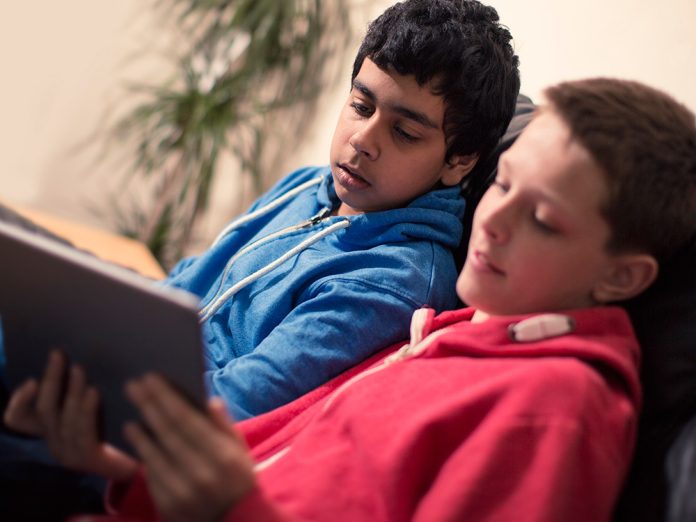As high tech becomes more and more of a pervasive part of our daily lives cyberbullying is becoming a serious problem for a lot of people. In order to be able to cope well with cyberbullying it is best to have a realistic view of the possibility of personally being victimized by cyerbullying. The British Psychological Society reported via EurekAlert, young people often think their friends are at a greater risk from cyberbullying.
Although young people have been found to be aware of the risks of cyberbullying it has been observed they generally perceive of others as being at greater risk than themselves. Young women have been found to be more vulnerable to this perception than young men. This study was done by
Dr. Lucy Betts and Sondos Metwally from Nottingham Trent University.
Dr. Betts has said the findings from this study suggest that even though young people are aware of the potential risks which are associated with cyberbullying they tend to believe that they are not as likely to experience cyberbullying as their peers. It seems that this unrealistic perception of invulnerability leads many to think cyberbullying is something that just happens to other people.
In view of the reported high prevalence rates of cyberbullying it may be necessary to implement more measures aimed at continuing to raise young people’s awareness of the risks of cyberbullying while also also ensuring they have a full understanding that this could actually happen to them.
Stopbullying.gov reports that cyberbullying is bullying which takes place using electronic technology. Kids who are cyberbullied are often also bullied in person. Cyberbullying is clearly a big problem which can occur 24 hours a day, 7 days a week, and can happen to a kid even when he or she is alone.
The potential negative consequences of cyberbullying are very serious and as pointed out by stopbullying.gov can lead to increased use of alcohol and drugs, missing school, increased in-person bullying, poor grades, lower self-esteem, and increased health problems.
Recent surveys show that about 9 percent of students in grades 6–12 have experienced cyberbullying. Furthermore, about 15 percent of high school students between grades 9-12 are believed to have been electronically bullied in the past year. The problem of cyberbullying should therefore be realistically confronted.








